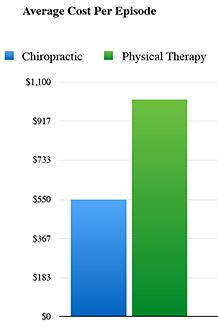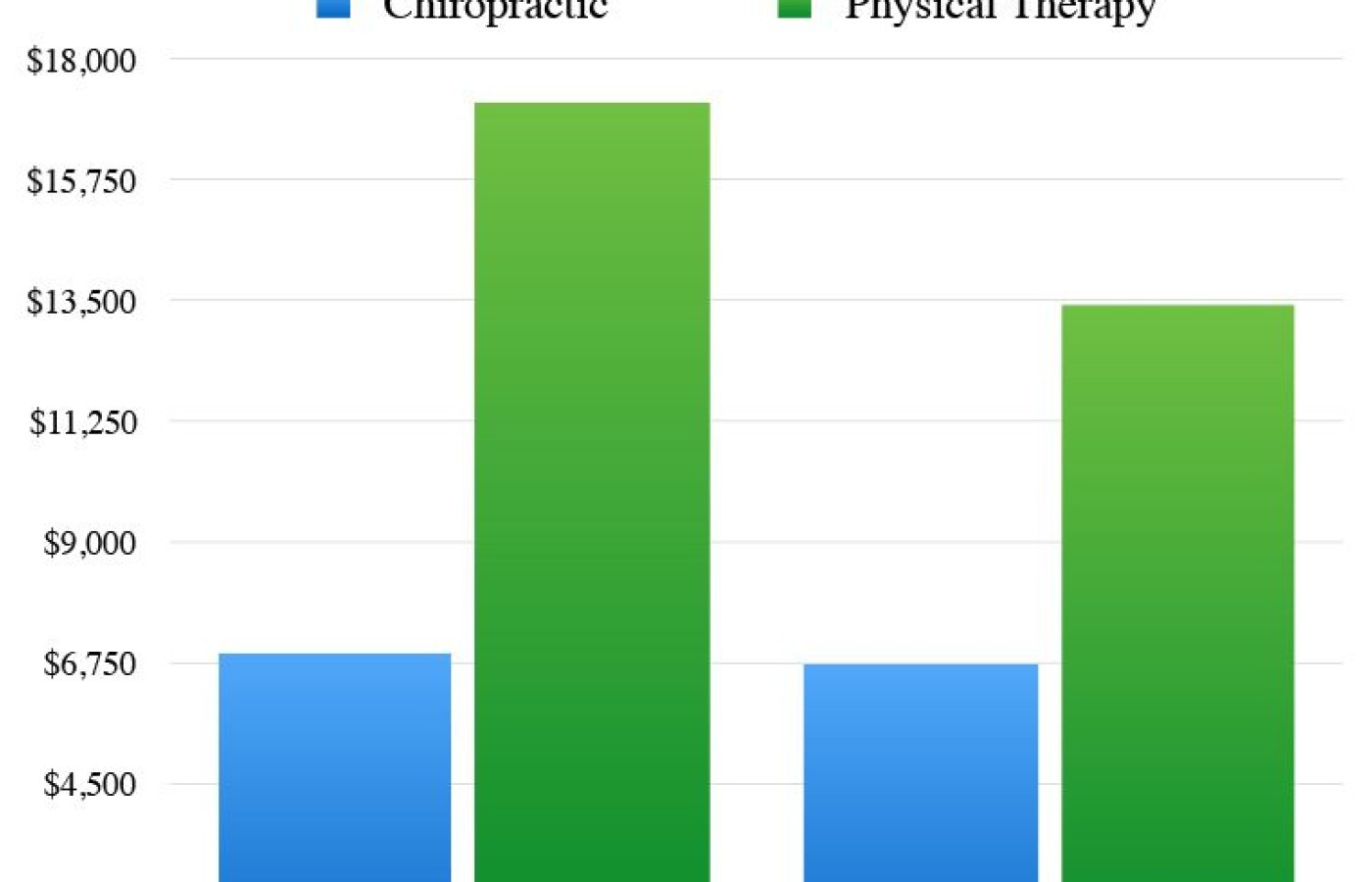New York's highest court of appeals has held that no-fault insurers cannot deny no-fault benefits where they unilaterally determine that a provider has committed misconduct based upon alleged fraudulent conduct. The Court held that this authority belongs solely to state regulators, specifically New York's Board of Regents, which oversees professional licensing and discipline. This follows a similar recent ruling in Florida reported in this publication.
Teaming Up With Medical Directors: Show the Research
You're talking with a local medical doctor. She practices internal medicine and is the director of a large medical clinic. You are explaining your treatment protocols:
"We do a thorough history and examination to determine if the presenting patient has any serious pathology or systemic illness that needs referral. We also screen for depression, anxiety and catastrophizing. If the patient is within our scope of practice and has a mechanical spine condition, disc degeneration, disc herniation, a spinal nerve-root condition or spinal stenosis, we begin care. We use short trials of spinal manipulation, and we reassure and encourage patients to resume normal activities, avoid bed rest or bracing, and begin tolerable aerobic exercise such as walking, cycling or swimming."
She really appreciates that you are evidence-based, but says she uses physical therapists for spine cases and is extremely pleased with the patient results. Although the physical therapists are evidence-based, she is concerned about their associated costs of care.
What's Your Next Move?

Over the past decade, independent health care researchers have investigated the treatment effects of PTs and DCs. This research will help you formulate your response. Let's examine a valid, relevant study that compares head-to-head the costs of physical therapists vs. chiropractors. This study is a cost-effective analysis in patients with low back pain published in the Journal of the American College of Occupational and Environmental Medicine.1 The research team was composed of four PhDs, two PharmDs and one MD. The sample size was large (N=14,787).
The study participants were employees of a heavy equipment manufacturer; mostly male, in their late 40s and with an above-average middle-class income. The study subjects were divided into two main categories, depending on their presenting symptoms (patients with neurological findings and patients without neurological findings). About two-thirds were acute or subacute. Total costs included direct factors such as health care professional visits, medications, injections and imaging. also included indirect factors such as disability payments over a two-year period.
The graph speaks volumes. It tells a powerful story about the conclusions of this study. For patients with or without neurological findings, physical therapists are more than twice as costly as chiropractors – more than 200 percent more costly!
You may wonder why chiropractors are more cost-effective. This study determined that it is because we are less likely to recommend incongruent health care intervention such as medications, steroid spinal injections and imaging.
This research appears to be valid, but the local clinic director with whom you are speaking comments that one study does not demonstrate a trend. She asks you to provide additional research.
More Research Support
Let's examine another study comparing the costs of physical therapists and chiropractors in patients with back or neck pain.2 This study was published in Spine and included more than 13,000 participants.The research team consisted of two MDs, one PhD and one DC.
Study participants were in their mid-40s; equal numbers were male vs. female, and about 20 percent had a physical limitation related to their spinal condition. The study examined data over a nine-year period, and measured direct costs such as health care professional visits, medications, spinal steroid injections and imaging.
This graph says it all. Compared to chiropractors, physical therapists are almost twice as costly (+190 percent).
Practical Takeaway
You have two valid studies that independently investigated the costs of chiropractic and physical therapy head-to-head. Both studies reached the same conclusion: Chiropractic is vastly more cost-effective than physical therapy. Additionally, numerous other research studies demonstrate chiropractic's superiority over physical therapy in a variety of patient outcome measures.
Presenting credible, cutting-edge research is important, but creating strong relationships is fundamental. Get to know your local MDs, and focus on establishing trust and respect. You are much more convincing when you know important study details, rather than just the general fact chiropractic is more cost-effective than physical therapy. Take the information from this article and present it to medical doctors, especially medical clinic directors.
Author's Note: The research presented in this article is also available in video format by clicking on this link or going to the Video Archives here.
References
- Allen H, Wright M, Craig T, et al. Tracking low back problems in a major self-insured workforce: toward improvement in the patient's journey. J Occup Environ Med, 2014;56:604-20.
- Davis MA, Onega T, Weeks WB, et al. Where the United States spends its spine dollars: expenditures on different ambulatory services for the management of back and neck conditions. Spine, 2012;37:1693-701.



